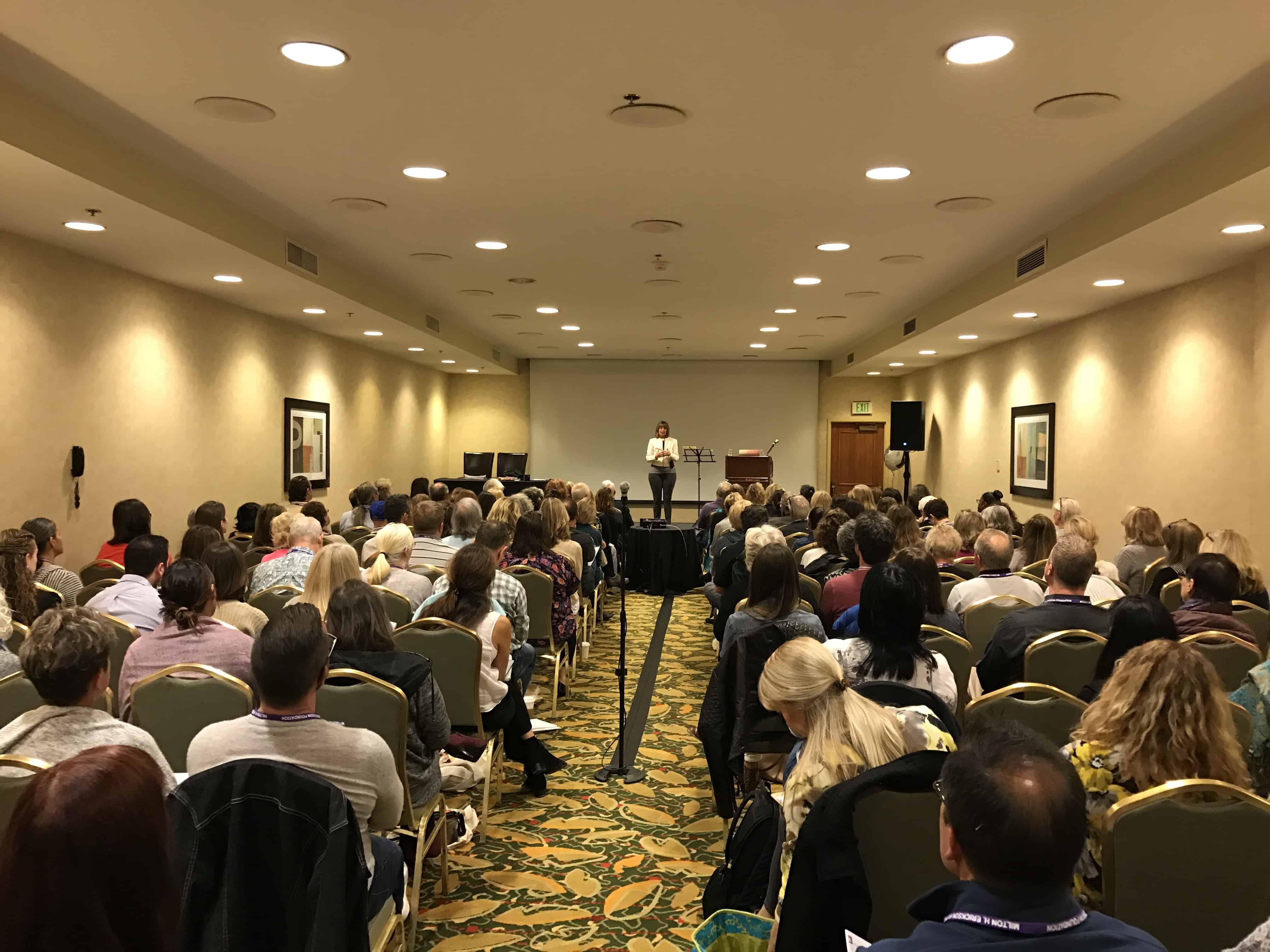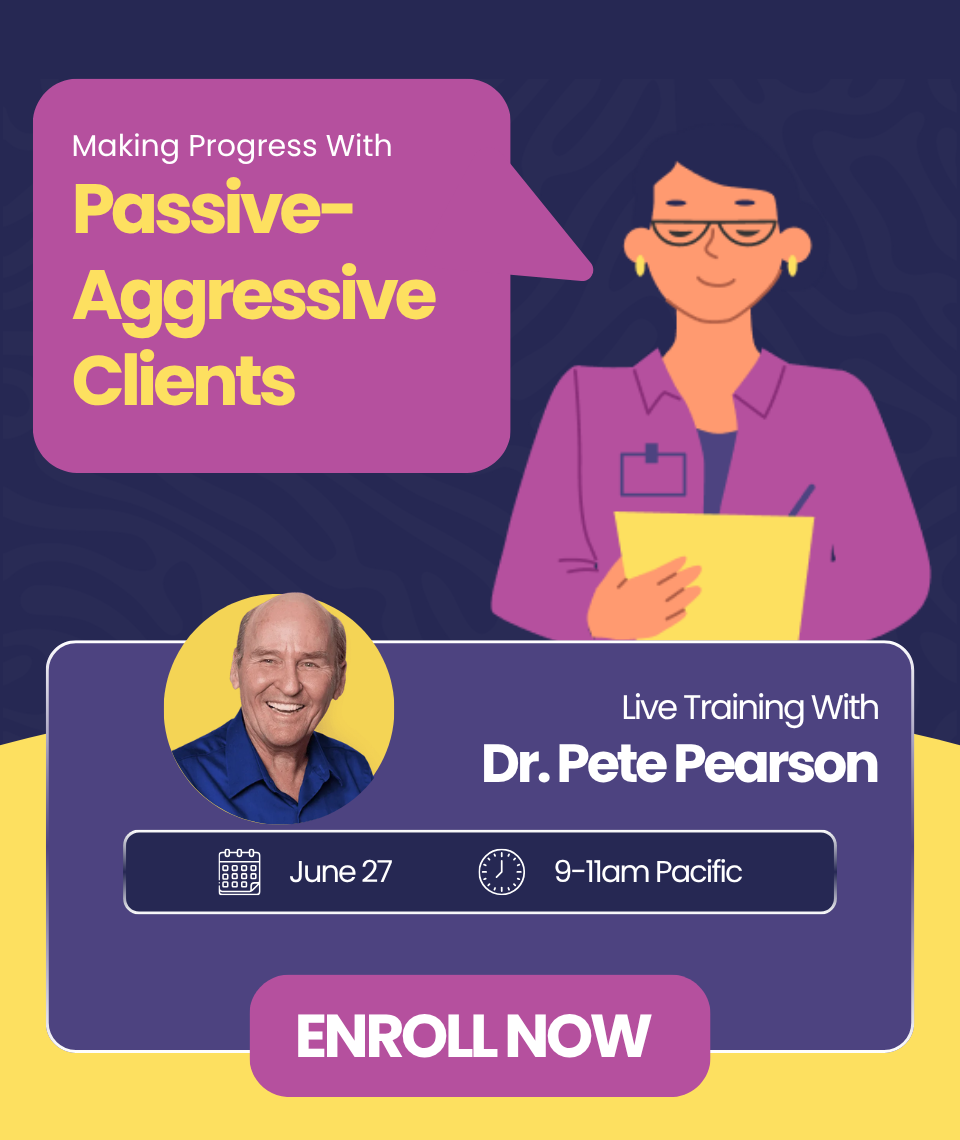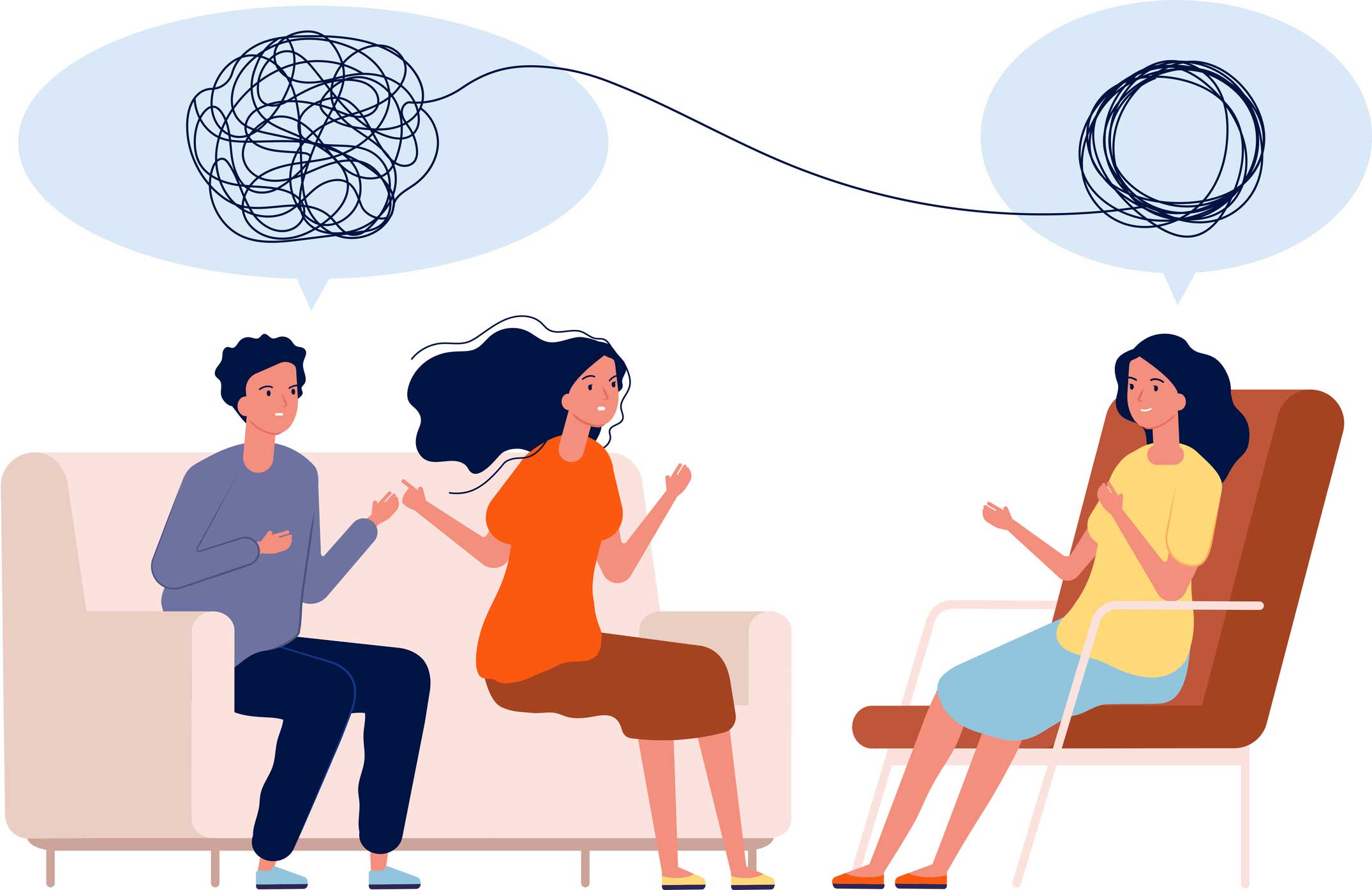Each year I enjoy sharing a few key points from the presentations I was able to attend at The Couples Conference.
This year the conference focused on challenging issues therapists face, with special focus on addictions, affairs and sexual boundaries. With daily keynotes and multiple workshops running simultaneously, it’s impossible to attend everything. And as a presenter and co-sponsor, I was even busier than the average participant. So I can’t report on the entire conference or even on entire workshops. If you were there, please feel free to add points of interest in the commenting section at the end of this post.
Here’s a sample of ideas that stuck with me from the events I attended. They’re short enough for you to skim quickly and if something whets your appetite you can pursue more information by going to www.couplesconference.com.
Dan Amen, The importance in couples therapy of recognizing ADD/ADHD
Living with an undiagnosed/untreated ADD/ADHD partner creates pain and chaos for everyone in the house.
Major signs to be aware of:
- Short attention span with daily activities
- Low impulse control
- High distractibility
- Very disorganized and often late
- Poor follow through
These partners often stimulate themselves by fighting with others.
Dr. Ellyn Bader, Goals for first sessions after infidelity is revealed
- Prevent premature and impulsive decision-making.
- Test whether each partner can recognize and be accountable for his/her own issues.
- Make space and acknowledge each partner’s pain.
- Explore how much has to do with the relationship.
- Explore how much has to do with individual dynamics.
- Review highlights of the developmental history of the relationship and of each partner.
- Illuminate meaning that makes sense to the partners so they can make better decisions.
Sue Diamond-Potts, Couples and addiction
Sue did a wonderful job describing the vulnerability of some brains to addiction and then divided assessment into 3 categories of Users:
- Recreational Users – don’t have a problem.
- Abusers – abuse their drug of choice from time to time, or during a period of their life; but can stop and do not have cravings, are not resentful about it, nor feel remorse, regret, or self-pity.
- Addicts – have lost (some) control over the amount they use and are unable to stop when they try.
She then described a way to confront possible distortions about their addiction and move towards an effective treatment plan.
- Explore their plan to control & enjoy their drinking without it interfering with their relationship or work and create a system for monitoring.
- Ask for a 3-month hiatus from their drug of choice and create a system for monitoring.
- Offer a ‘quid pro quo’ so that if their plan is unsuccessful, you have an agreement to try your plan.
She then described the complex but essential interplay of involving the spouse in treatment. “It’s a 2-person symbiotic system involving similar cognitive distortions based in over-functioning and enabling behaviors.”
Martha Kauppi, Polyamory: Therapy with a marginalized population.
What information do you need in order to feel prepared to work with this population?
What is polyamory? Consensual and generally explicitly defined agreement for one, some, or all to participate in one or some additional relationships; usually expected to include both romantic and sexual relationships.
Why not bring it out in the open, and have multiple relationships without the lies and secrecy?
How it would benefit you to become poly-competent:
- This community uses, encourages, and believes in therapy.
- Poly clients are generally very motivated toward self-improvement, particularly relationally. They value and need excellent communication skills.
- Poly clients tend to have better communication skills, higher levels of differentiation, and more explicitly agreed-upon relationship structures than the general population.
- Poly clients have difficulty finding poly-competent and poly-friendly therapists.
Marty Klein, Sexual fantasies
- People’s sexual fantasies do not predict their behavior.
- People don’t tend to do what they desire in fantasy.
- It is most common to fantasize about someone other than the primary partner.
Janis Spring, Different types of forgiveness
- No Forgiveness. “It’s not for me.”
- Cheap Forgiveness. Those who try to rush to forgive too quickly.
- Genuine Forgiveness. A hard-won transaction, an intimate dance between two people bound together by an interpersonal violation.
As the offender works hard to earn forgiveness through genuine, generous acts of repentance and restitution, the hurt party works hard to let go of resentment and the need for retribution.
Forgiveness does not have to be viewed as all or nothing. Partial forgiveness can occur with infidelity where you separate forgiveness from reconciliation. It is a viable choice to forgive and choose not to stay together.
Stan Tatkin, Signs that a partner is lying
- Jerky movements
- Repeating your question back to you
- Grooming gestures
- Shifting anchor points
- Contradicting
- Watch the eyes, voice and face to see if they are under stress
- Freezing the upper part of the face
- Self-soothing movements
Jeff Zeig, One way to view the evolution of change
- A person understands a concept intellectually (The value of being responsible).
- The concept realization grows (It is good for me to be responsible).
- Concept grows to a state (I am being responsible).
- Identity develops. (I am a responsible person).


 We respect your privacy.
We respect your privacy.




Thanks for the summary, Ellyn. Sounds like it was a great conference with stellar presenters. I hope to make it from Australia one day!
Great summary! Really helpful to hear who some of the presenters were and their specialities. Thanks so much!
Ellyn,
I always appreciate and benefit from your desire to share your wisdom with those of us who are your followers and admirers – the hallmark of a great leader.
Thanks Ellyn! A great refresher and glad to learn some new points from those I missed. I appreciate the time you take on this.
Thank you, Ellyn! As always, you provide such a vital service for those of us who were not able to attend the conference. I especially liked Janis’ reminder about the types of forgiveness and Stan’s insights on how to detect dishonesty in a partner. Good stuff indeed!
Thanks Ellyn and Peter! I love all the Erickson Conferences, and all the teachings from all the wonderful presenters. I can never get enough… And there is never enough time to absorb all the data and all the offerings… Choices, choices, choices… Hard decisions to make…It’s all good!
I know a real professional spell caster who has worked for me once in this past month.